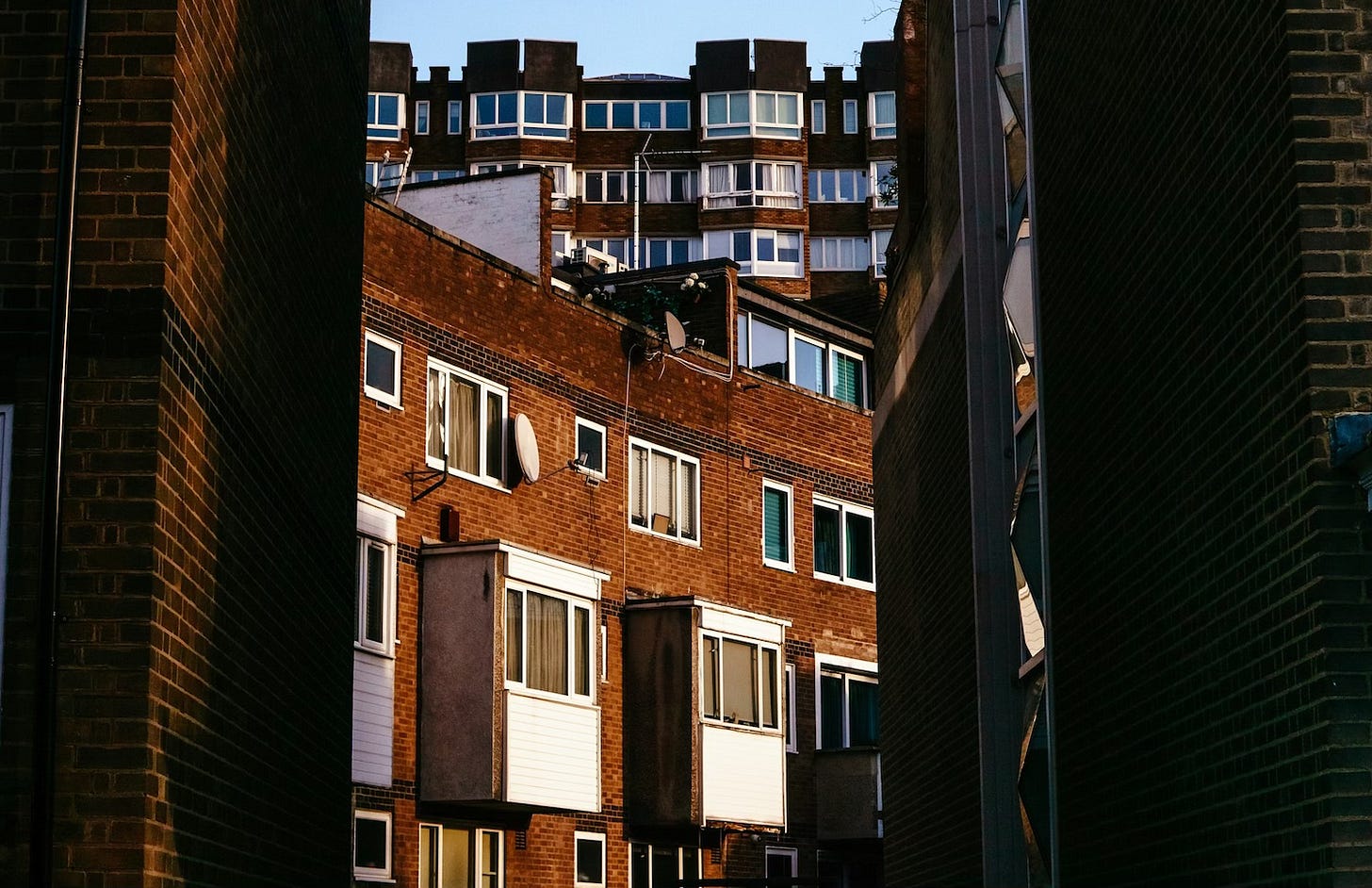Inequality Knocks Again
How wealth inequality exacerbates the risks of extreme heat in the UK, and what to do about it
We've had three heatwaves in the UK in the last month, the first of which caused hundreds of deaths in London alone. Saturday was the third anniversary of the day in 2022 in which temperatures in Britain breached 40 degrees for the first time. Last week, a Met Office report on the state of the UK climate said that extreme weather is the UK's new normal, while scientists have recently warned that extreme heat could lead to 30,000 deaths a year in England and Wales by the 2070s.
The ways in which poverty and income inequality exacerbate the impacts of heatwave risks on vulnerable people are reasonably well understood, but we don’t yet fully appreciate the complex and wide-ranging ways in which wealth inequality worsen heatwave risks, both for the most vulnerable and for society as a whole.
To explore this issue in more depth, the Fairness Foundation, with the Future Threats Lab and the Policy Institute at King’s College London, ran a workshop for 25 experts in climate resilience, vulnerability and inequality. The workshop examined how wealth inequality in the UK affects our ability to respond to extreme heat events both by increasing vulnerability for particular groups and for society as a whole, and by undermining the effectiveness of heatwave adaptation measures.
The report that came out of the workshop has just been published, and sets out the key evidence, a summary of the expert discussion and some lessons learned from running the event (PDF version here). The workshop followed a report that we published last October on the impacts of wealth inequality (and policy responses to it), and a workshop in November looking at the impacts of wealth inequality on societal resilience.
You can also read my blog post on the Green Alliance website. Please share it on LinkedIn, Twitter/X or Bluesky if you feel inclined - thank you.




Thank you for your article "Can We Build Public and Political Support for Tackling Inequality?" I agree with your five necessities, yet they depend on how we measure fair. At the end of the day, I think that fairness depends on the merit we apply to our actions. Eliminating the concept of merit does not work (See Russia). If we link merit and value we are on the way to improve what is now going so wrong with our unbridled capitalism. Not violence, not existing wealth determines what you get but empathy, care, courage, knowledge, hard work, dedication, honesty act in a combination characteristic of the culture to determine what you get. Both empathy and care are key new kids on the block. Imagine if your salary depends also on your demonstrated empathy and care... Abusers, assholes, bullies, entitled, and the like all get negative points ;-) We need to move from an ethic of justice (which we will always need) to an ethic of care.
Thank you for your article "Can We Build Public and Political Support for Tackling Inequality?" I agree with your five necessities, yet they depend on how we measure fair. At the end of the day, I think that fairness depends on the merit we apply to our actions. Eliminating the concept of merit does not work (See Russia). If we link merit and value we are on the way to improve what is now going so wrong with our unbridled capitalism. Not violence, not existing wealth determines what you get but empathy, care, courage, knowledge, hard work, dedication, honesty act in a combination characteristic of the culture to determine what you get. Both empathy and care are key new kids on the block. Imagine if your salary depends also on your demonstrated empathy and care... Abusers, assholes, bullies, entitled, and the like all get negative points ;-) We need to move from an ethic of justice (which we will always need) to an ethic of care.